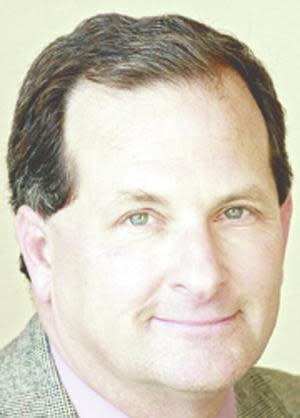Gerson: What does it mean to be holy?
Years ago, when I was rabbi in a small upstate New York town near West Point, one winter it snowed heavily each weekend December through March. One member of the congregation remarked rather frantically to me: "Rabbi, these children are going to have no Sunday school from Chanukah to Passover!" Yes, it was brutal. (Thank God for this Georgia weather!)
Most memorably, one person in town said to me in the midst of this relentless snowfall, "Rabbi, please pray for our release from this ... after all, you are a holy man!"

Well, thinking of his request, two things come to mind. First, of course, prayer has nothing to do with influencing the weather.
But, more importantly, what about his reference to me as a holy man? We use the word "holy" all the time with respect to people, books, buildings, and so on. But what does it mean for a person to be holy?
Being holy has nothing to do with who you are or your position, whether that is a clergy person, a scholar, an artist, or anything. Any person can achieve holiness. But how? Scripture provides the answer.
A few weeks ago, in the synagogue, on our most sacred day of Yom Kippur, we Jews read Leviticus chapter 19. In Biblical scholarship, it is called "The Holiness Code." It begins: "You shall be holy; for I the Lord Your God am holy."
It then goes on to list many activities of daily life, which, if done. causes one to achieve holiness in that life."
There is the respect for parents (verse 3). The obligation to pay a worker on time (verse 13). The duty to help the handicapped (verse 14). The important prohibition against gossiping (verse 16). The order never to "stand idly by" one who is being bodily harmed (verse 16). And, the central tenet of life, which is the foundation of the "Golden Rule," in the words of Leviticus, "You shall love your neighbor as yourself" (verse 17).
What is important, what Leviticus 19 is telling us, is that each of us can be holy. There is no hierarchy of holy people. Speaking in religious language has nothing to do with holiness. That does not make one more holy than any of us. It is what we each do in life; and we are all on an equal footing regarding this.
"You shall be holy, for I the Lord Your God am holy." This passage is actually at the physical center of the Pentateuch, the Torah. May it be central to our lives.
This article originally appeared on Athens Banner-Herald: Rabbi Gerson explores what it means to be holy
